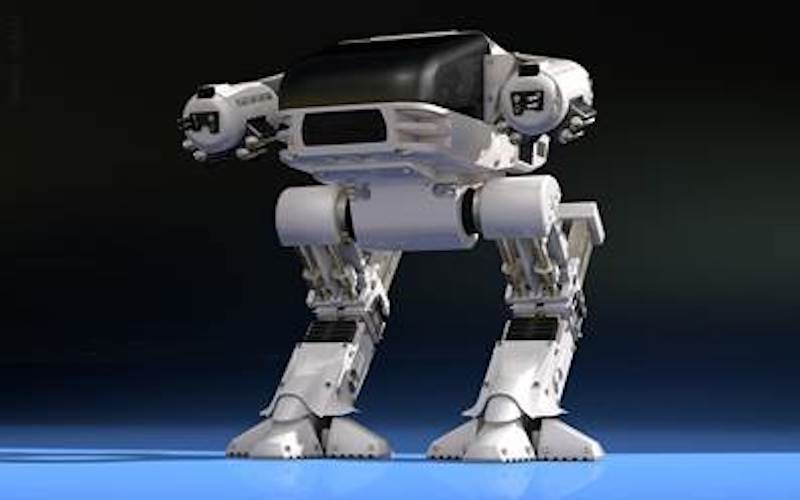
Non-industrial robots market expected to grow 19 percent a year
The market for non-industrial robots is expected to reach $83.4 billion in 2023 and $465.5 billion by the end of 2033, growing at a compound annual growth rate of 18.8 percent, according to a report by Fact.MR.
Robotics is gradually changing how routine tasks are carried out; their adoption simplifies work, saves time, and increases overall productivity.
Every industry, including the commercial and domestic sectors, uses robots for all jobs, simple or complex. Due to the growing demand from end-use sectors like healthcare, the military, research and development, and other industries, non-industrial robots are expected to experience rapid growth.
Robots with the advancing technology, witness high adoption across various end-use verticals over the period. The defense sector creates high growth opportunities for non-industrial robots as they ease out difficult military tasks.
For instance, the use of robots to spy, deliver goods and services, rescue operations, robot dogs for search missions, and others. Such factors augment the sales of non-industrial robots.
Further, the use of sensors, autonomy, navigation/control systems, and energy/propulsion systems, among others, assists military personnel to accomplish the mission efficiently. Owing to such factor military is spending highly on non-industrial robots.
Competitive analysis
Prominent non-industrial robot makers include:
- Diligent Robotics;
- ReWalk Robotics;
- Barrett Advanced Robotics;
- Stryker;
- Hanson Robotics;
- Pal Robotics;
- UBTECH Robotics;
- Macco Robotics;
- Intuitive Robots;
- Samsung Electronics; and
- Skydio Robots, among others.
Market titans are experiencing high demand for non-industrial robots due to their adoption across various end-use verticals. Manufacturers are also integrating robots with advanced technology to enhance their performance and cater to the needs of the end-users.
In addition, long-term trade relations with end-users enable market players to survive in unfavourable trade situations.
Fact.MR has provided detailed information about the price points of key manufacturers of non-industrial robots positioned across regions, sales growth, production capacity, and speculative technological expansion, in the recently published report.
